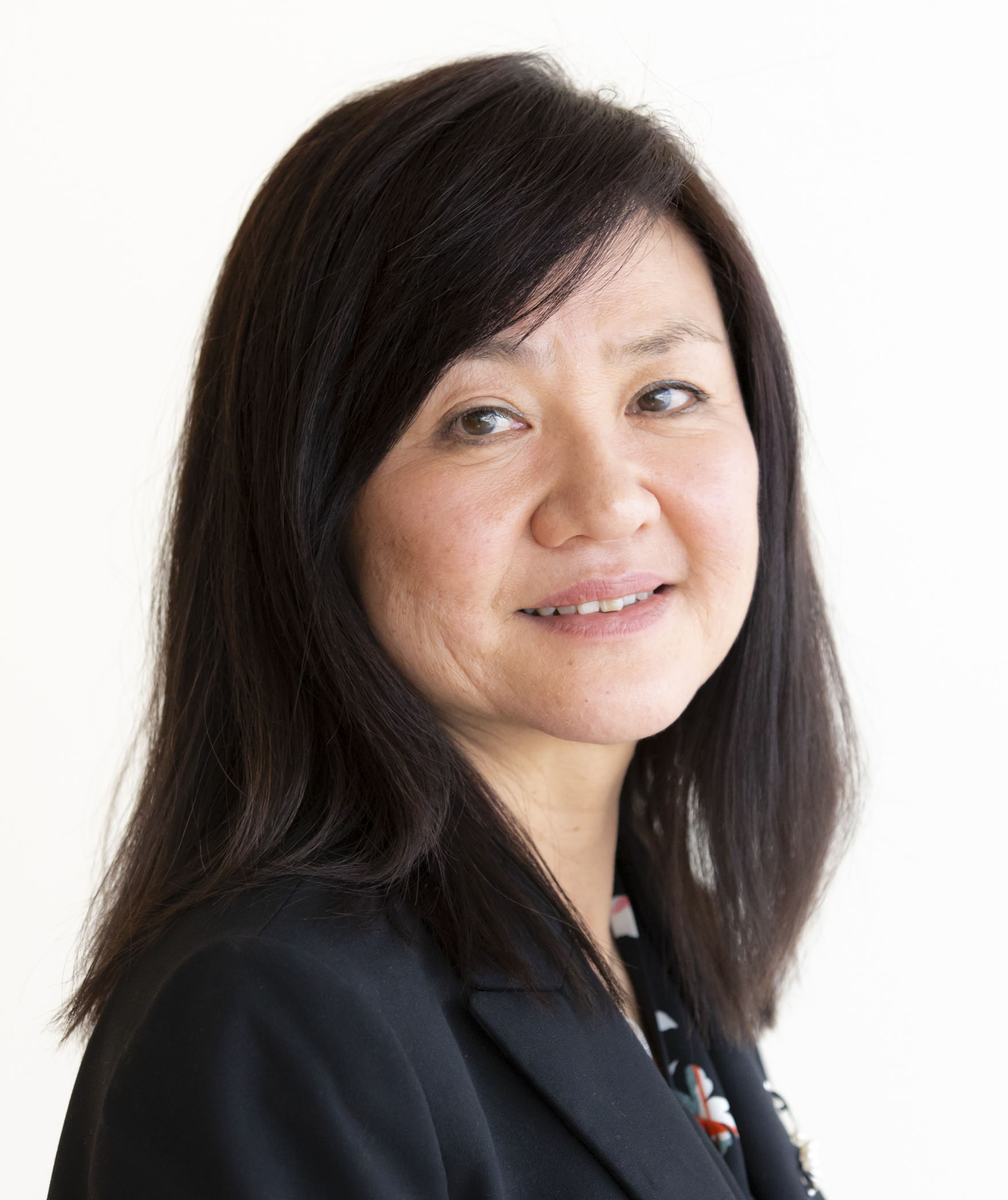
About
Professor Li-Huei Tsai is the Director of the Picower Institute for Learning and Memory and a Picower Professor of Neuroscience at MIT. She obtained her Ph.D. from the University of Texas Southwestern Medical Center in Dallas and completed her postdoctoral training at Cold Spring Harbor Laboratories and Massachusetts General Hospital. Tsai became Assistant Professor of Pathology at Harvard Medical School and was promoted to tenured Professor in 2002. She relocated to MIT in 2006. She was an Investigator at the Howard Hughes Medical Institute from 1997 to 2013. Tsai is also a Fellow of the American Association for the Advancement of Science, a Fellow of the National Academy of Inventors, a Member of the National Academy of Medicine, an Academician of the Academia Sinica in Taiwan, and a Member of the American Academy of Arts and Sciences. Tsai is interested in elucidating the pathogenic mechanisms underlying neurological disorders that impact learning and memory. She is a recipient of the Mika Salpeter Lifetime Achievement Award, and the 2018 Hans Wigzell Research Foundation Science Prize. In 2022 she was named a Visiting Professor of the Vallee Foundation.
Research
Our laboratory is interested in elucidating the pathogenic mechanisms underlying neurological disorders that impact learning and memory and to identify new therapeutic targets and candidate therapeutics. We study disease pathogenesis both on the cellular and on the systems level, using a multidisciplinary approach that combines molecular biology and electrophysiology with computational biology and bioengineering.
Our main approaches are:
- Studying disease-associated changes on the genomic level through transcriptomic and epigenomic analysis to identify cell types and cellular processes involved in pathogenesis. Learn More.
- Unraveling the mechanisms underlying the effects of specific disease-associated genes or gene variants with the help of sophisticated and highly tractable in vitro models. Learn More.
- Analyzing system- and circuit-level disease characteristics and studying the effect of system- or circuit-level manipulations on disease phenotypes in animal models. Learn More.
Teaching
9.013J Molecular and Cellular Neuroscience Core II
Publications
Adaikkan C, Middleton SJ, Marco A, Pao PC, Mathys H, Kim DNW, Gao F, Young JZ, Suk HJ, Boyden ES, McHugh TJ, Tsai, L-H. Gamma entrainment binds higher order brain regions and offer neuroprotection. Neuron. 2019 May 2. doi: 10.1016/j.neuron.2019.04.011. PMID: 31076275.
Dileep V, Boix CA, Mathys H, Marco A, Welch GM, Meharena HS, Loon A, Jeloka R, Peng Z, Bennett DA, Kellis M, Tsai L-H. Neuronal DNA double-strand breaks lead to genome structural variations and 3D genome disruption in neurodegeneration. Cell. 2023 Sep 28;186(20):4404-4421.e20. doi: 10.1016/j.cell.2023.08.038. PMID: 37774679.
Iaccarino HF, Singer AC, Martorell AJ, Rudenko A, Gao F, Gillingham TZ, Mathys H, Seo J, Kritskiy O, Abdurrob F, Adaikkan C, Canter RG, Rueda R, Brown EN, Boyden ES, Tsai L-H. (2016). Gamma frequency entrainment attenuates amyloid load and modifies microglia. Nature. 2016 Dec 7; 540 (7632): 230-235. Doi: 10.1038/nature20587. PMID: 27929004.
Lin YT, Seo J, Gao F, Feldman HM, Wen H, Penney J, Cam HP, Gjonetska E, Raja W, Cheng J, Rueda R, Kritskiy O, Abdurrob F, Peng Z, Milo B, Yu CJ, Elmsaouri S, Dey D, Ko T, Yankner B and Tsai L-H. (2018). APOE4 causes widespread molecular and cellular alterations associated with Alzheimer’s disease phenotypes across human iPSC-derived brain cell types. Neuron. 2018 Jun 27; 98 (6):1294. Doi: 10.1016/j.neuron.2018.06.011. PMID: 29953873.
Martorell A, Paulson AL, Suk H, Adurrob F, Drummond G, Gian W, Young J, Kim D, Kritskiy O, Barker S, Mangena V, Prince SM, Brown EN, Chung KC, Boyden ES, Singer AC, Tsai L-H. Multi-sensory gamma stimulation ameliorates Alzheimer’s-associated pathology and improves cognition. Cell. 2019 177(2), 256-271. PMID: 30879788.
Mathys H, Peng Z, Boix CA, Victor MB, Leary N, Babu S, Abdelhady G, Jiang X, Ng AP, Ghafari K, Kunisky AK, Mantero J, Galani K, Lohia VN, Fortier GE, Lotfi Y, Ivey J, Brown HP, Patel PR, Chakraborty N, Beaudway JI, Imhoff EJ, Keller CF, McChesney MM, Patel HH, Patel SP, Thai MT, Bennett DA, Kellis M, Tsai L-H. Single-cell atlas reveals correlates of high cognitive function, dementia, and resilience to Alzheimer’s disease pathology. Cell. 2023 Sep 28;186(20):4365-4385.e27. doi: 10.1016/j.cell.2023.08.039. PMID: 37774677.
Mathys H, Davila-Velderrain J, Peng Z, Gao F, Mohammadi S, Young JZ, Menon M, He L, Abdurrob F, Jiang X, Martorell AJ, Ransohoff RM, Hafler BP, Bennett DA, Kellis M, Tsai L-H. Single-cell transcriptomic analysis of Alzheimer’s disease. Nature. 2019 May 1. doi: 10.1038/s41586-019-1195-2. PMID: 31042697.
Victor MB, Leary N, Luna X, Meharena HS, Scannail AN, Bozzelli PL, Samaan GS, Murdock MH, von Maydell D, Effenberger AH, Cerit O, Wen H-L, Liu L, Welch G, Bonner M, Tsai L-H. Lipid accumulation induced by APOE4 impairs microglial surveillance of neuronal-network activity. Cell Stem Cell. 2022 Aug 4;29(8):1197-1212.e8. doi: 10.1016/j.stem.2022.07.005.PMID: 35931030.

